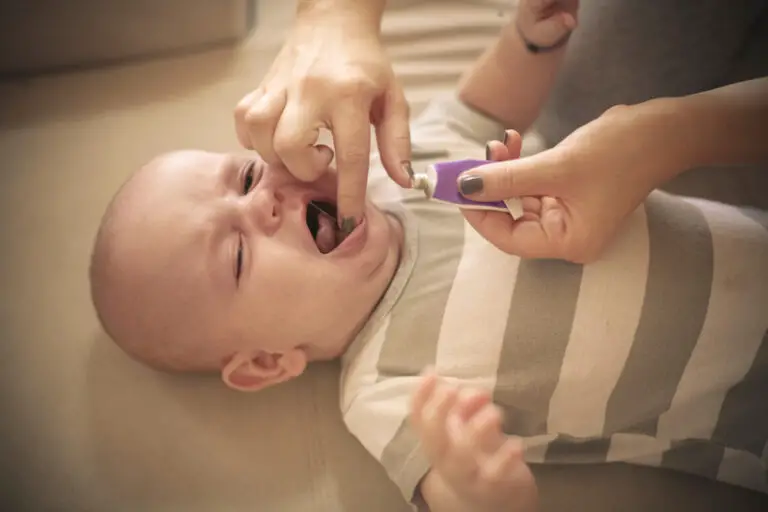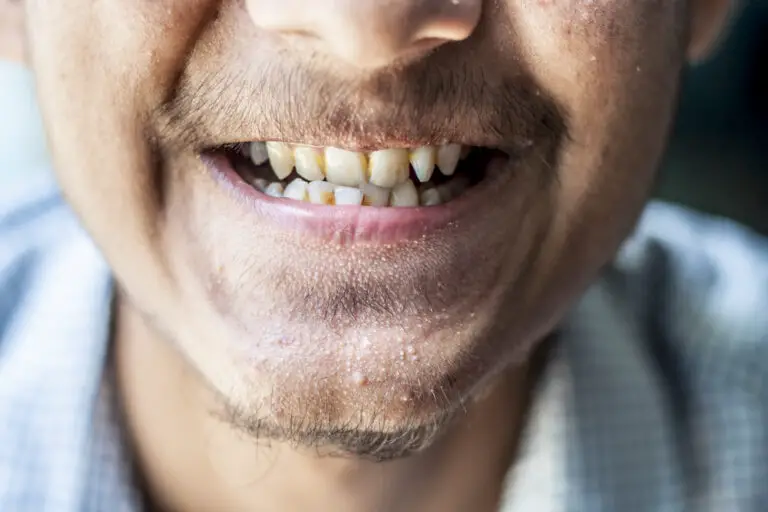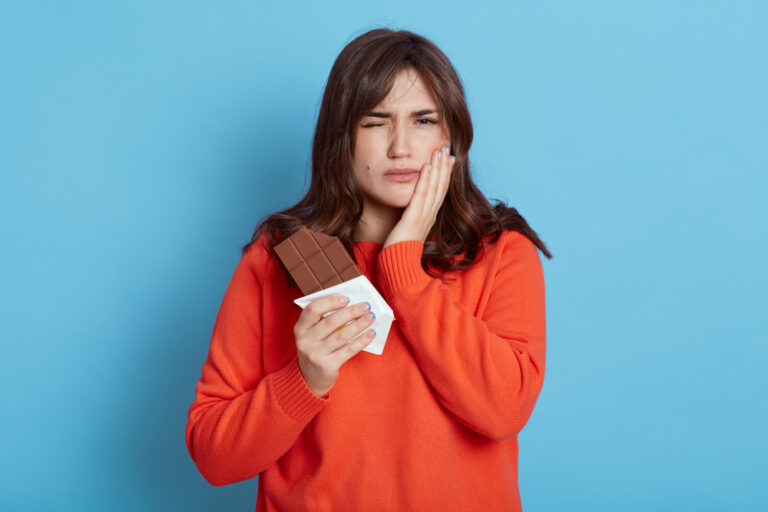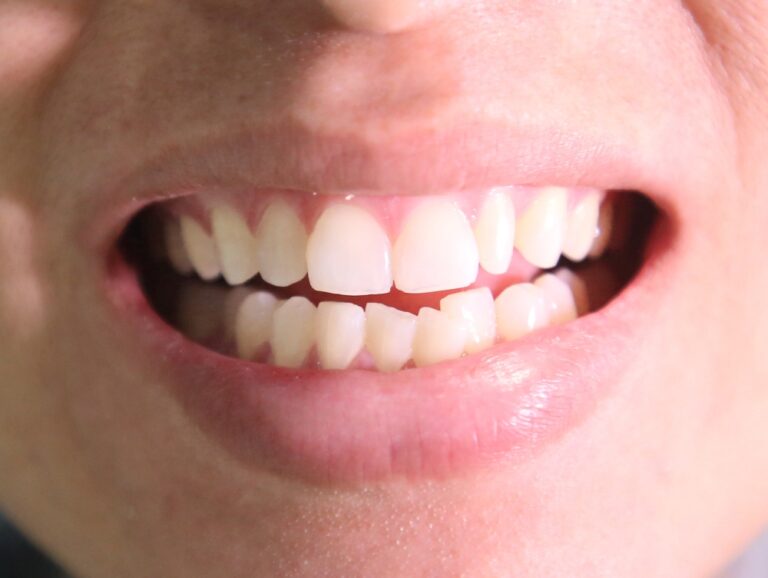As children grow older, their bodies experience changes as they adapt to their new world, and their baby teeth are no exception. Children often grow a total of 20 teeth (compared to the 32 we have as adults) to accommodate the smaller sizes of their mouths.
These teeth generally start falling out at 6 years old, but do you lose them all and how are they replaced? Here we’ll give you all the information you need to understand the evolution of our teeth throughout our lifetimes.
So How Many Baby Teeth Do You Lose?
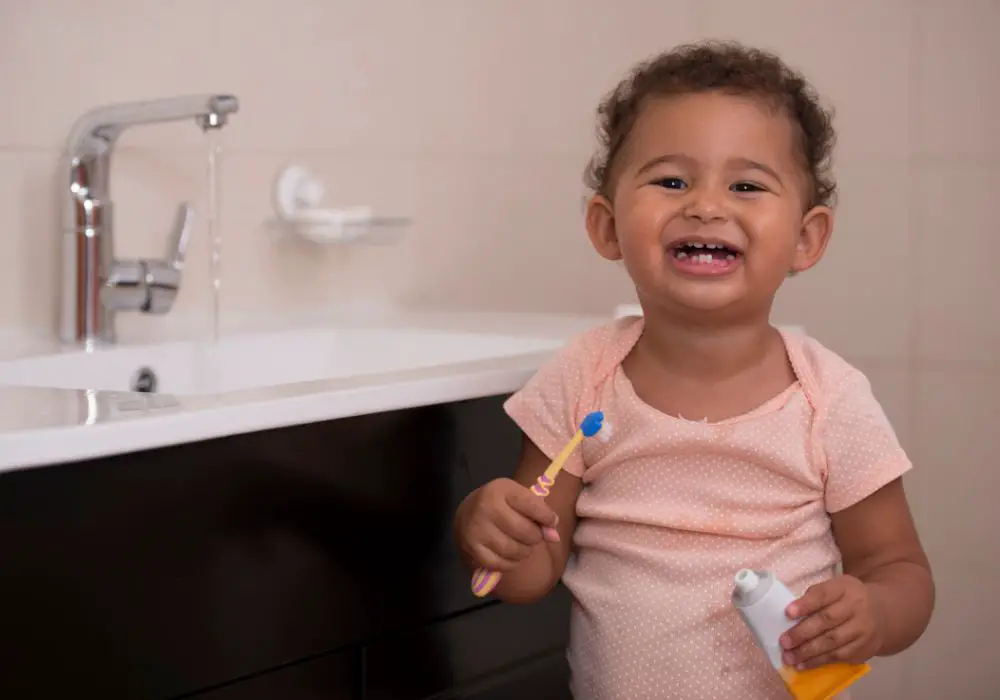
Deciduous teeth are more commonly known as primary, baby, or milk teeth, and they are everyone’s very first set of teeth. These start popping out during the embryonic stage and appear through the gums around 6 months after birth. All 20 of these teeth are usually showing by age 2 and a half.
When it comes to losing these baby teeth, you will lose all 20 of them. But don’t worry because they will be replaced by 32 permanent adult teeth!
Baby Teeth vs. Adult Teeth
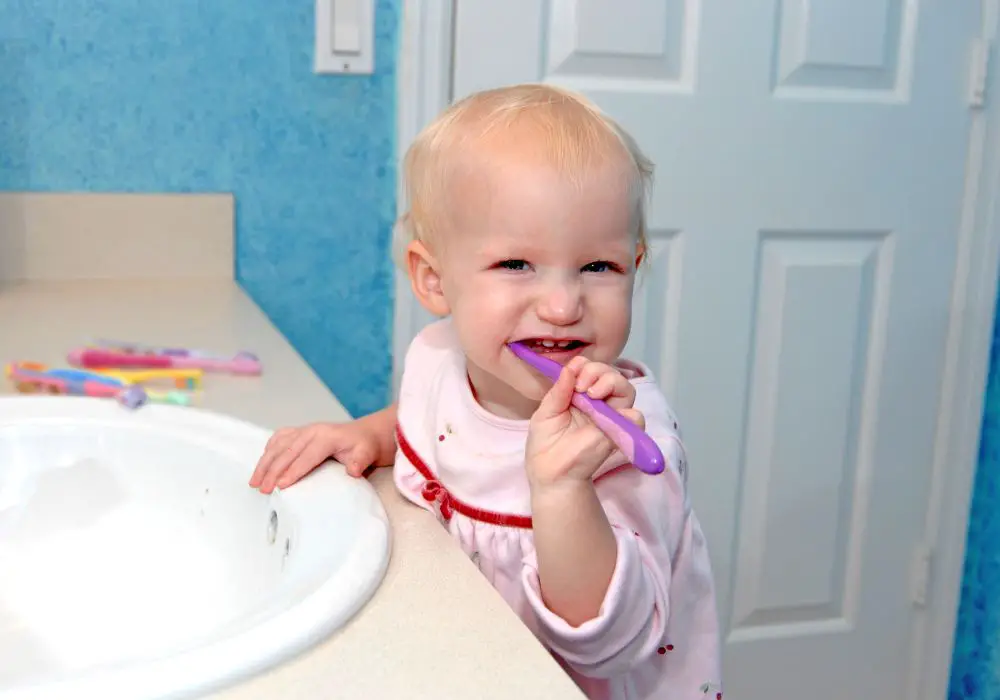
After your child’s baby teeth pop and fall out, they will start growing bigger, stronger, and permanent adult teeth. These are called replacement or succedaneous teeth, and the 12 extra ones are permanent molars.
To give you an idea, let’s look at the extra teeth we get as adults.
- Six-year Molars – These are the first set of permanent molars to appear, taking their place at the back of our mouths. Specifically, it’s behind where their previous baby teeth were. These will not pop out together, displacing the rest of the remaining baby teeth.
- 12-year Molars – Just as the name states, these molars start growing by the age of 12 years. Teething like toddlers and a few discomforts such as headaches, and swelling gums can be expected when this set starts developing.
- Wisdom Teeth – This is the last batch to erupt, and you’ll find these at the far back of your child’s mouth. A few kids can have crowding teeth, while others have adequate space for these to grow normally.
Wisdom teeth may start appearing by 17 years old, and these often require removal by a professional because of a lack of space.
Tips for When Baby Teeth Start Falling Out
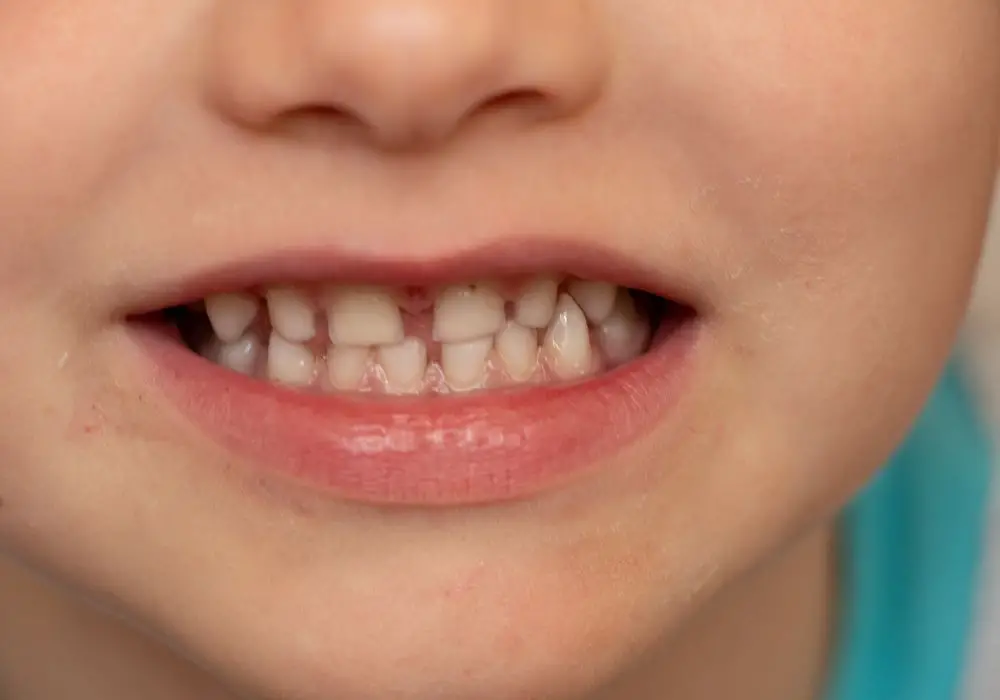
When you notice your child’s baby teeth are starting to loosen, here are a few tips to help them get these little pearlies out:
- Let your child wiggle their loose baby teeth since it will help make them pop out.
- Place a warm cloth on their face, specifically over the area where their moving tooth is to alleviate pain.
- You can wiggle the tooth but don’t force it out. Be patient and let nature take its course.
- Let your child chew on harder food or snacks like carrots, apples, and the like. These will help loosen their teeth to fall out.
- Ease your child and make the whole process fun. Losing teeth shouldn’t cause them any form of anxiety.
- Don’t rush because all children will lose their baby time at their own time and pace. It’s not the same for everyone, so again, let nature take its course.
Disposing of Baby Teeth Based on Traditions
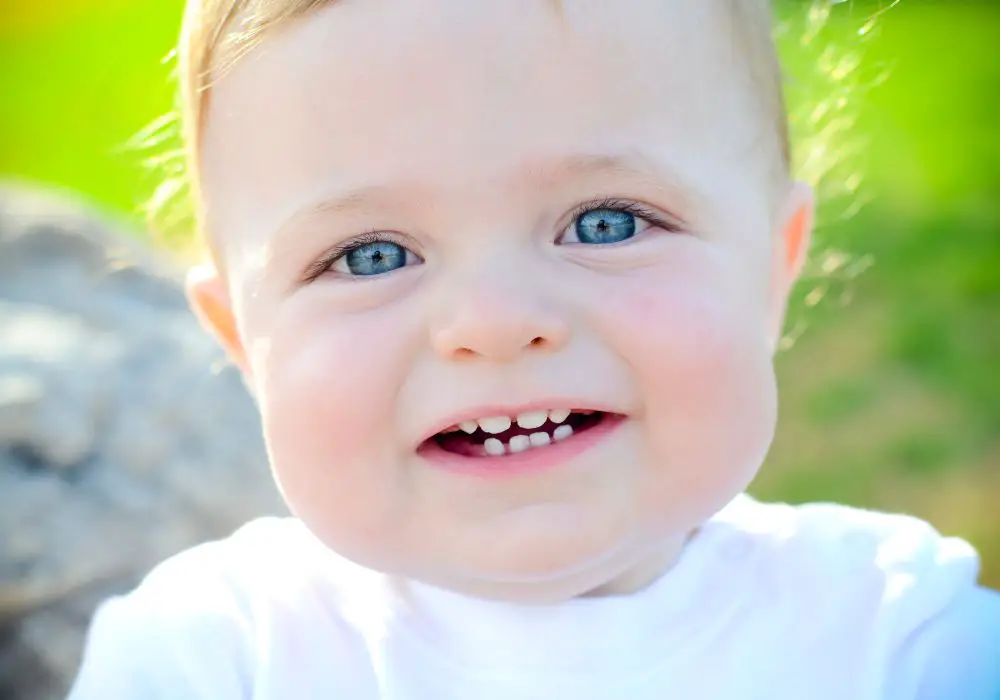
If by any chance you have no idea what to do with your child’s milk teeth, here’s a suggestion. Why not look into the different ways to dispose of them based on different traditions worldwide?
It’s quite entertaining to read the different historical depictions connected to milk teeth traditions from all over the world. For instance, there’s a common custom that has continued until today, and that’s the tale of the tooth fairy.
This story has passed through generations upon generations, and it’s all about a tooth fairy appearing at night when the children are asleep. There, the fairy takes the fallen tooth of the child, leaving money or other treats in exchange for it.
The so-called magic only happens if a child leaves their baby tooth under the pillow. Parents use this story to ease and calm their children about anxieties related to losing a tooth.
European Beliefs
People have inadvertently recreated such tales for centuries, and the early stories describe the Norse traditions linked to superstitions. It’s said that even possessing a single tooth can control forces of nature or even uncommon events.
With that, people assumed that kids’ fallen teeth bring about good luck, so Vikings created necklaces using baby teeth.
At times, they even buried the teeth, believing it would help them resist the struggles in the afterlife. After some time, parents began leaving a small fee in exchange for the teeth’s favors.
Asian Beliefs
In many parts of Asia, there is a unique tradition surrounding baby teeth. It’s believed that throwing these will help permanent ones grow strong and healthy.
Interestingly, children also have their rituals when it comes to their teeth. They throw their lower jaw teeth onto the roof of their house, hoping that the new ones will grow upwards.
On the other hand, they bury their upper jaw teeth as deep as possible, believing that doing so encourages the teeth to grow downwards.
With how significant baby teeth have become in different cultures, a lot of parents wonder how they can keep their children’s baby teeth healthy. The best way is to keep your kids away from unhealthy food, so we’ll give a list of food they should avoid.
Food to Stay Away from to Keep Baby Teeth Healthy
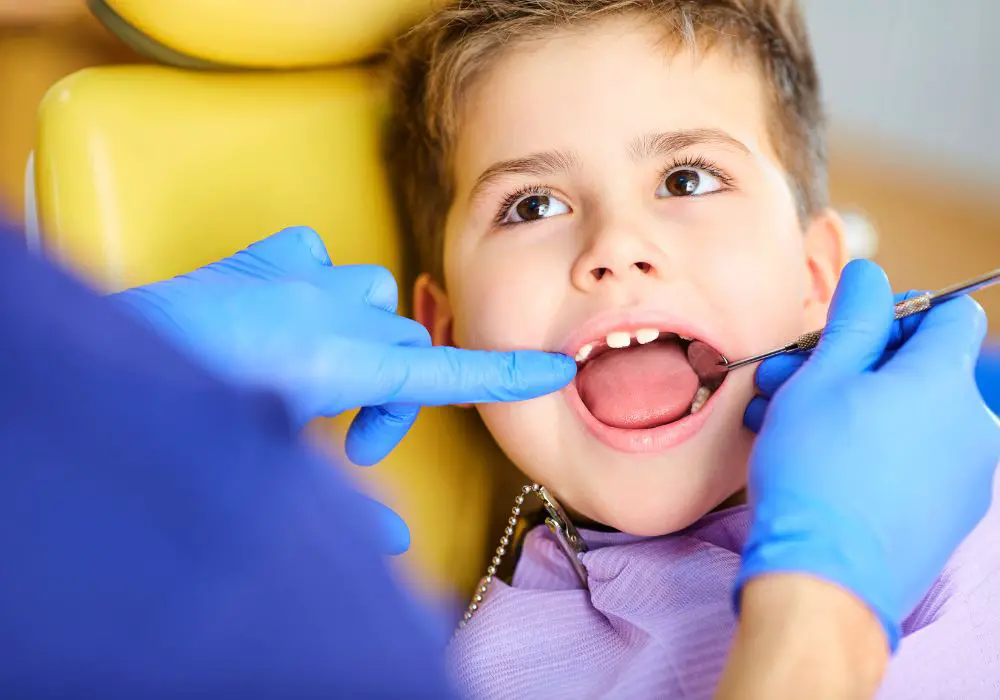
Parents want the best for their children which is why they teach them proper oral hygiene at a young age. That means they should have healthy, happy smiles from when they have their baby teeth until their permanent teeth grow.
It’s more than just brushing and flossing regularly. You need to be aware of what food your children should avoid to keep their teeth healthy.
- Sugary Drinks
Soft drinks/cola are the worst drinks your children can have because they’re acidic and packed with sugar. Now, if you’re thinking fruit juices are a good alternative, they aren’t. They’re just as bad as soft drinks because they’re also packed with acid and sugar, the same goes for sports drinks.
What you can do is encourage your children to drink lots of water to help them avoid sugary drinks. Another good alternative is low-fat milk.
- Fries
Sadly, they need to avoid fries to keep their teeth healthy. Or maybe just let them munch on these in moderation.
Generally, fries don’t have any nutritional value, plus the amount of starch they contain can harm the teeth. Once munched on, these break down into simple sugars which can get stuck between the teeth.
When this happens, it can eventually lead to tooth decay, so it’s important that your children brush and floss after eating these.
- Candy
Kids love candy but it’s probably one of the worst things your children can have, especially when they consume these excessively.
The sugar found in candy causes cavities, and the chewiness of these treats is what makes them bad for your child’s teeth. Parts of it usually get stuck in crevices, allowing bacteria to easily feed on them.
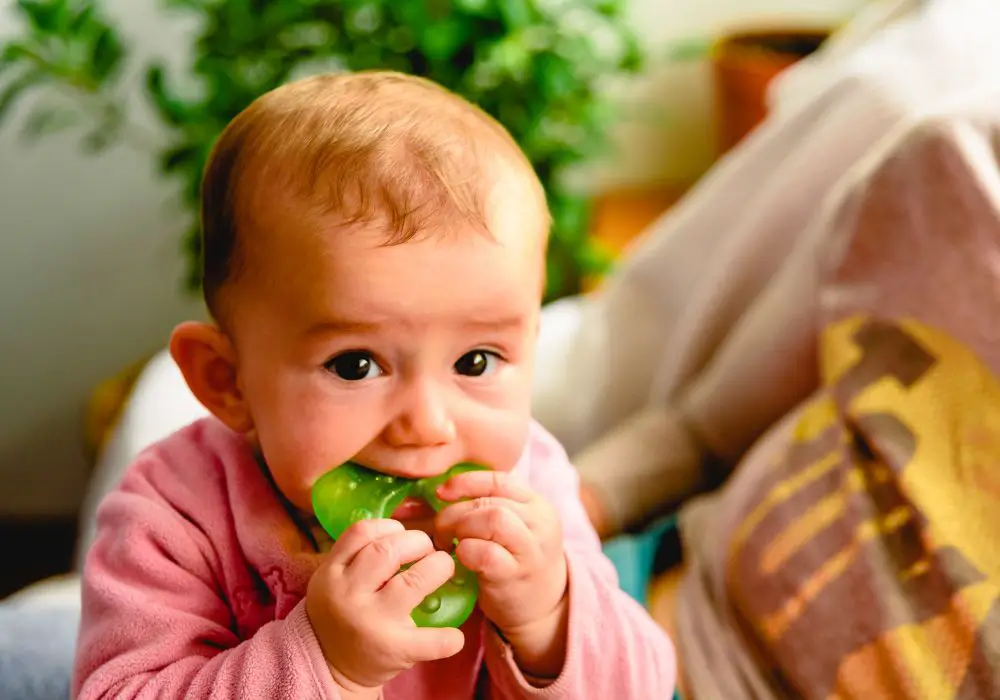
The worst part is, even when brushing teeth thoroughly, the toothbrushes may end up missing these particles stuck in the crevices of their teeth. This is another reason why you should encourage flossing in kids, as well as brushing.
- Berries and Citrus
Berries and citrus fruit are healthy, but they can be too acidic for your children’s teeth. These can stain and discolor the pearly whites, so you should brush and rinse after eating oranges, blueberries, strawberries, and the like.
It’s also good to note that the seeds in berries are troublesome to the teeth. If your little one brushes their teeth too hard, these seeds can erode their teeth since they have a rough texture. So, make sure your child knows the proper way of brushing to take good care of their teeth.
- Dried Fruit
Right now, we wouldn’t be surprised if you have an eyebrow raised after seeing dried fruit on the list because how can these even be bad? Well, it’s just like sticky chewy candies. Fruit snacks, along with dried fruit, easily slip into the crevices of teeth, turning them into the feeding ground of bacteria.
- Ice
Ice is just ice, and it’s supposed to be for cooling your drinks, not for chewing. Kids, and basically everyone for that matter, can get tempted to chomp and munch on ice cubes, especially on a hot summer day. But remember, ice is hard, and it can lead to several dental issues like cracked, chipped, or broken teeth, or loosened crowns.
- Bread
For a lot of families all over the globe, bread is a staple part of their meals. But like chips, bread has tons of starch which converts into simple sugars when you chew them. That means, it could lead to possible tooth decay. Other than bread, this can also be an issue with pasta and other types of food using white flour. To beat this, opt for whole wheat options instead.
Conclusion
Once a child has their full set of baby teeth, it will only be a few years before they start falling out. Eventually, they all do, meaning we lose all of our 20 baby teeth. Even though they get replaced, it’s important to practice excellent oral hygiene.
When your children’s baby teeth start loosening, guide them and ease them of any anxieties that they may feel. Make sure to limit their intake of food that may cause cavities and other problems to ensure the healthy growth of their permanent adult teeth.

